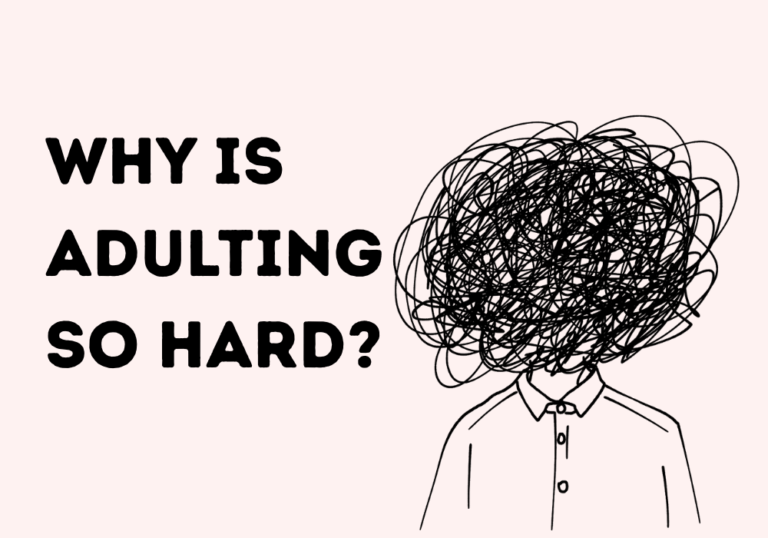If you’re too distracted to focus, it’s probably because your mind is cluttered with thoughts, ideas, and emotions that aren’t important.
How To Declutter Your Mind :
we’ve put a list of 12 ways to help you to declutter your mind:
1-Keep a Journal:

Keeping a journal (either on paper or online, it doesn’t matter) helps you explore different areas of your life that you don’t give much thought to. And this exploration might allow you to find some things in your mind that you didn’t know were there, some things can be eliminated or tracked. And just writing those thoughts in a journal of sorts is one way to get them out of your head, too. Journaling can also help manage anxiety and cope with depression because it’s a healthy outlet for releasing pent-up emotions, according to a report from the University of Rochester Medical Center.
Related:10 Tips to start Journaling and make it a Habit
2-Take a deep breath:

So simple and at the same time so effective. Take a few deep breaths, then focus on your breathing for a few minutes. Focus on the breath as it enters your body and as it leaves. Calming effect, especially if you continue to focus on your breath when your mind wanders. It also lets other thoughts just float away.
3-Let go of the past:

Mental disorders are often related to the past. In the back of most people’s minds, they have a large closet of mental drawers. These drawers are full of mistakes they’ve made, opportunities they missed, people they’ve hurt, past grievances, etc. Take the time to search through those mental drawers and discard memories from the past that have done you no good.
Related:Letting Go of the Past: 24 Ways to Move On
4-Prioritize:

Nothing creates mental clutter like an endless to-do list. Accept that you can’t do everything and focus on the things that matter most to you. Make a short list of your top priorities and devote the majority of your mental space to those items.
5-Identify the problem:

It’s difficult to fix something when you’re not sure what’s wrong. Watch out for warning signs that your mind is overwhelmed. Once you realize that your mind needs general cleansing, the next step is to identify what is contributing to the clutter. Take some time to think about how you are feeling. This will help you identify what is stressing you out and why. Over time, you’ll get better at recognizing the warning signs of an overloaded mind and at managing things. The bud is nice and early.
6-Get enough sleep:

Your body needs sleep to recharge and rejuvenate. You expect a lot from your body every day, so be good at it and give it what it needs with a structured nighttime routine and plenty of sleep.
Related:Sleep Deprivation: Symptoms, Causes, and Effects
7-Clean up your workspace:

Did you know that people with a cluttered workspace are less efficient and more frustrated than people with an organized desk?; Get your workplace in order as soon as possible. You can start by getting rid of all non-essential items and allocating a suitable place for everything. The best way to keep organized without feeling overwhelmed or exhausted is to clean your desk each day.
8- Multitasking:

Multitasking is bad for the brain. Every time we jump from one task to another, we lose focus to Do one thing as much as possible and finish it before moving on to the next.
9-Enjoying Nature:

Nature has such a calming influence. Get outside as much as possible, look at the trees and flowers, feel the wind and sun on your skin and breathe in the fresh air.
10-Learn to switch off at night:

Learning to clear your head at night is also a useful tool, but it can take practice and preparation. Create a relaxing nighttime routine and a peaceful bedroom to unwind physically and mentally.
11-Write things down :

Stop overloading your mind with the minute details and little things of your daily life. Keep a notebook handy and jot down your reminders, tasks, and random thoughts there instead of storing them in your brain.
12-The Less Clutter, The Sharper Your Brain:

Brain Dump is a great way to clear your brain from negative emotions about the tasks you work on every day. At the end of the day, do a brain dump for ten minutes. It’s time to look over your to-do list after the brain dump. Identify high-priority tasks that cannot be delegated or postponed, and start adding high-priority tasks to your calendar. By focusing on daily tasks, you know what you’re working on and what your next step is. You save a lot of time and energy by spending it on the essentials.








